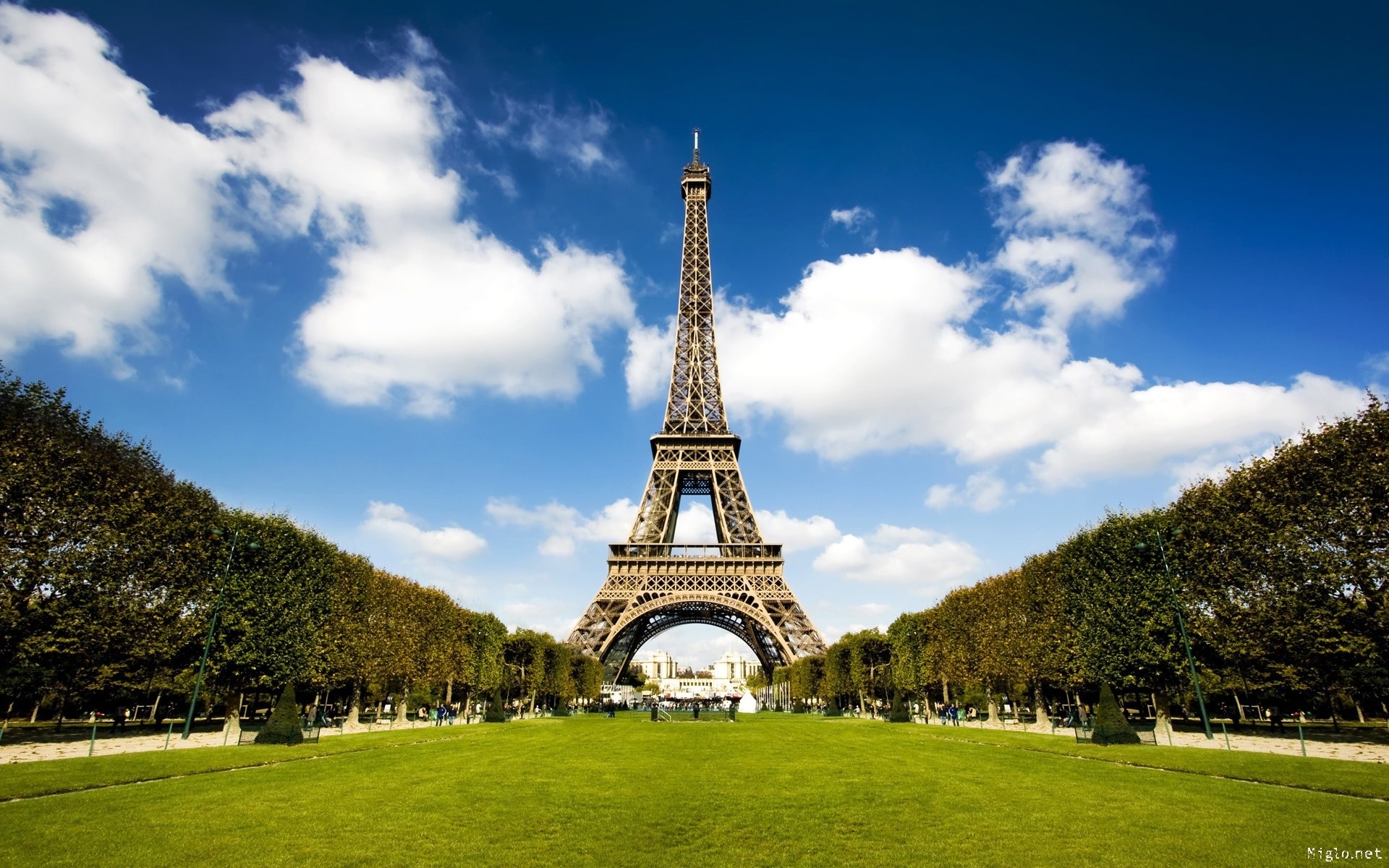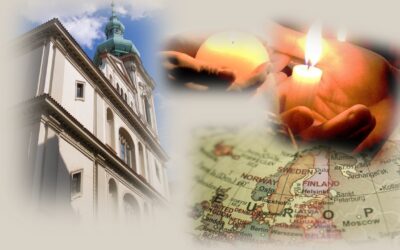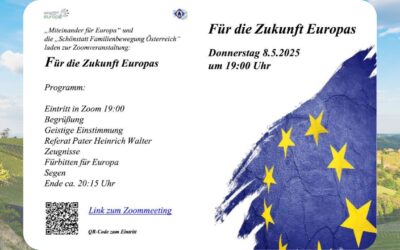UN PUNTO DI VISTA FRANCESE DOPO 60 ANNI DAI TRATTATI DI ROMA
Ci siamo! Non ci siamo tutti ma siamo comunque arrivati a 28 paesi per festeggiare i 60 anni dell’Europa. Il 25 marzo 1957, data dei Trattati di Roma, solo 6 Paesi europei firmarono la creazione della Comunità Europea, che dal 1993 diventerà l’Unione Europea. Tra questi 6 Paesi fondatori c’era convintamente la Francia. Condotti dall’idea di Jean Monnet, che ha trovato un eco grazie alla voce di Robert Schuman, i francesi hanno accettato la grande idea europea.
Vista, come uno strumento di pace e di stabilità, l’idea d’Europa era al servizio dei Paesi per una ricostruzione veloce e più facile del continente. Dalla Francia e dai suoi dirigenti successivi l’Europa fu considerata anche (forse soprattutto) come un trampolino verso un potere e un’influenza più larga, perché di dimensione europea. L’amore per la patria francese, la difesa dei valori nazionali e l’influenza della Francia nel mondo hanno caratterizzato l’azione della Francia nel processo d’integrazione europea. Come ha ricordato il Generale De Gaulle nel 1954: toccare la sovranità francese non faceva parte del “contratto europeo” e la Francia l’ha mostrato fino ad oggi.
Tuttavia, i grandi padri fondatori francesi, che amavano l’Europa quanto la Francia stessa, hanno fortunatamente lasciato una progenie fertile. Molti presidenti francesi, Valéry Giscard d’Estaing in testa, hanno continuato ad adoperarsi per la causa europea. D’Estaing, riprendendo i discorsi pieni di speranza dei padri fondatori, ha lasciato sognare (come Jacques Delors) un’Unione Europea politica: un’unione dei popoli europei, unita, ma rispettosa della diversità di ogni cultura e religione.
Nel 2005, per il referendum sulla costituzione europea, i francesi hanno però ricordato che, se la politica e i dirigenti possono fare molto, essi sono impotenti senza il consenso popolare. Il referendum per la costituzione europea è stato infatti respinto dalla maggioranza dei francesi. L’esperienza del 2005 è sicuramente la dimostrazione più chiara del punto di vista francese sull’Unione. E’ un ritornello che i francesi intonano spesso: se l’Unione Europea è necessaria, avere più Europa “sarebbe troppo”. Troppo perché? Perché i francesi come numerosi popoli europei hanno paura di essere inglobati in un’Europa sovranazionale, dove non ci sarebbe più distinzione tra un francese e un italiano, dove la particolarità e la sovranità di ogni Paese sarebbero assorbite da un grande “Tutto Europeo”.
Oggi, se i francesi accettano l’Europa, è perché sentono valorizzata la loro identità e il loro ordine socio-economico. Ma, ancor di più, i francesi accettano l’Europa, perché condividono i valori primari che sono la base dell’Europa dal 1957: la solidarietà, la condivisione, la libertà, la pace e la fratellanza tra i popoli. Tutti quei valori, quindi, che sono per la maggior parte di derivazione cristiana e che sono quello che i francesi vedono nell’Europa. Tralasciando le implicazioni religiose, si sentono attaccati a questi fondamenti morali che sono la base dell’Europa di oggi. Anche se pensare questi valori e rivendicarli non vuol dire sempre applicarli – lo vediamo nell’attuale crisi dei rifugiati –, rimane il fatto che i francesi si sentono parte costituente di questa realtà europea.
Il 25 marzo 2017 saranno celebrati i 60 anni dei Trattati di Roma a Roma. L’anniversario ci ricorda quindi che l’Europa è giovane! I diversi eventi, congressi e la marcia per l’Europa saranno dei momenti forti. Al di là della necessità del rilancio politico europeo, sarà anche l’occasione di richiamare i valori cristiani che sono comuni a tutti i popoli europei. Questi valori saranno, secondo me, la base del rilancio europeo, perché sono ora i soli che non sono fonte di paura, ma d’unità.

Marie Trélat, studentessa francese di Scienze Politiche, specializzata sull’Unione Europea, in particolare sull’Europa centrale ed orientale. Vive attualmente a Roma (progetto Erasmus) e frequenta l’Università LUISS Guido Carli. E’ membro della GFE – Roma (Gioventù federalista europea) e si occupa dell’ufficio relazioni internazionali della sezione di Roma. Per 5 mesi ha lavorato alla redazione francese di Radio Vaticana





0 commenti